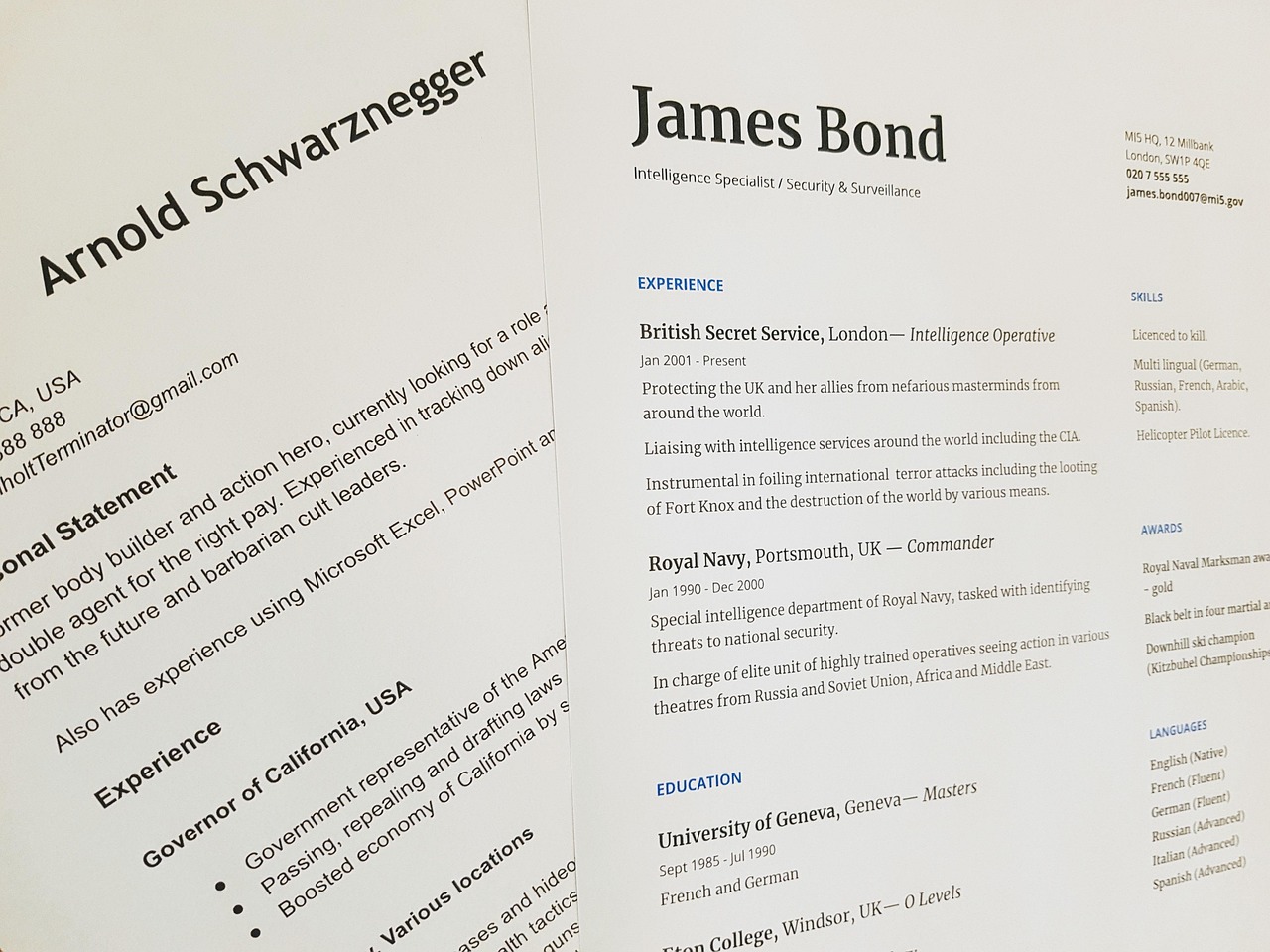What Surprising Skills Are Essential for a Successful Airport Security Career?
Airport security professionals need far more than just the ability to operate screening equipment. The most successful security officers possess a diverse skill set that extends well beyond technical knowledge. From managing high-stress situations to reading subtle behavioral cues, these professionals must master interpersonal abilities that many people never consider. Understanding these essential skills can help aspiring security personnel prepare for a challenging yet rewarding career in aviation safety.

Airport security careers demand a unique combination of technical expertise and interpersonal abilities that many people overlook when considering this profession. While most assume the job primarily involves operating X-ray machines and metal detectors, successful security officers must develop sophisticated soft skills that enable them to protect travelers while maintaining efficient airport operations.
How Do Communication Skills Transform Airport Security Effectiveness?
Effective communication forms the backbone of successful airport security operations. Security officers interact with thousands of passengers daily, each bringing different languages, cultural backgrounds, and stress levels. Clear verbal communication helps de-escalate tense situations when travelers face delays or additional screening procedures. Officers must explain complex security protocols in simple terms while remaining patient with confused or frustrated passengers.
Nonverbal communication proves equally important. Security professionals learn to read body language, facial expressions, and behavioral patterns that might indicate potential threats or passenger distress. This skill enables them to identify individuals who may require additional attention without creating unnecessary alarm among other travelers.
Why Is Critical Thinking Fundamental for Threat Assessment?
Critical thinking abilities separate competent security officers from exceptional ones. Every day presents unique scenarios that require quick analysis and sound judgment. Officers must evaluate suspicious items on X-ray screens, assess unusual passenger behavior, and make split-second decisions about potential security risks.
This skill involves gathering information from multiple sources, analyzing patterns, and drawing logical conclusions under pressure. Security professionals must distinguish between genuine threats and false alarms while considering the broader context of each situation. Their critical thinking skills directly impact passenger safety and airport efficiency.
How Does Emotional Intelligence Enhance Conflict Resolution?
Emotional intelligence enables security officers to manage their own emotions while effectively responding to others’ emotional states. Airports create high-stress environments where passengers often feel anxious, frustrated, or overwhelmed. Officers with strong emotional intelligence can recognize these emotions and respond appropriately.
This skill proves invaluable during conflict resolution. When passengers become upset about security procedures, emotionally intelligent officers can empathize with their concerns while maintaining professional boundaries. They understand how to calm agitated individuals without compromising security protocols or escalating tensions.
What Makes Attention to Detail Critical in Security Procedures?
Attention to detail can mean the difference between identifying a genuine threat and missing a potential security breach. Security officers must maintain focus during repetitive tasks, carefully examining thousands of bags and passengers throughout their shifts. This requires sustained concentration and the ability to spot anomalies in routine patterns.
Detail-oriented officers notice subtle inconsistencies in documentation, unusual items in luggage, or behavioral patterns that might escape less observant colleagues. They understand that security effectiveness depends on consistent application of procedures, regardless of fatigue or monotony.
How Does Adaptability Improve Airport Security Performance?
Airport environments constantly evolve with changing regulations, new technologies, and varying threat levels. Adaptable security officers embrace these changes rather than resisting them. They quickly learn new procedures, master updated equipment, and adjust their approaches based on emerging security challenges.
Adaptability also involves flexibility in interpersonal interactions. Officers encounter passengers from diverse backgrounds with varying needs and expectations. Those who can adjust their communication style and approach to different situations create more positive experiences while maintaining security standards.
Conclusion
Successful airport security careers require a sophisticated blend of technical knowledge and interpersonal skills. While training programs cover equipment operation and security procedures, the most valuable officers develop strong communication abilities, critical thinking skills, emotional intelligence, attention to detail, and adaptability. These surprising skills enable security professionals to protect travelers effectively while creating positive airport experiences. Understanding these requirements helps aspiring security officers prepare for the multifaceted demands of this essential profession.




